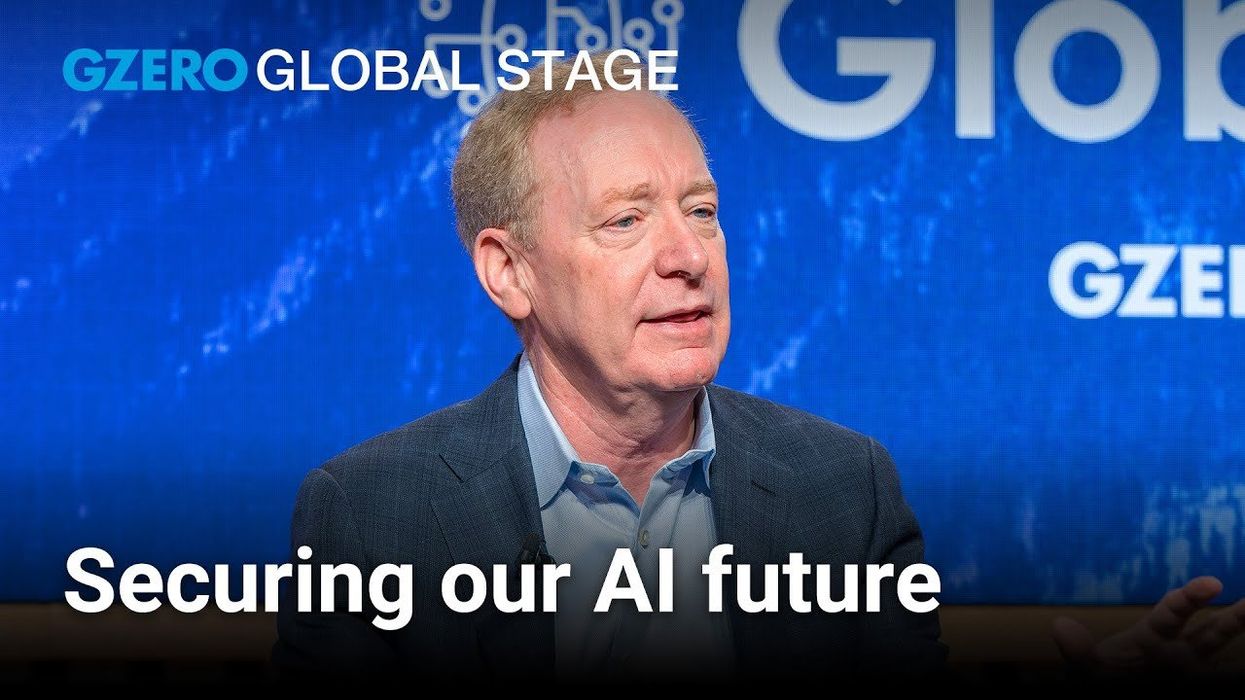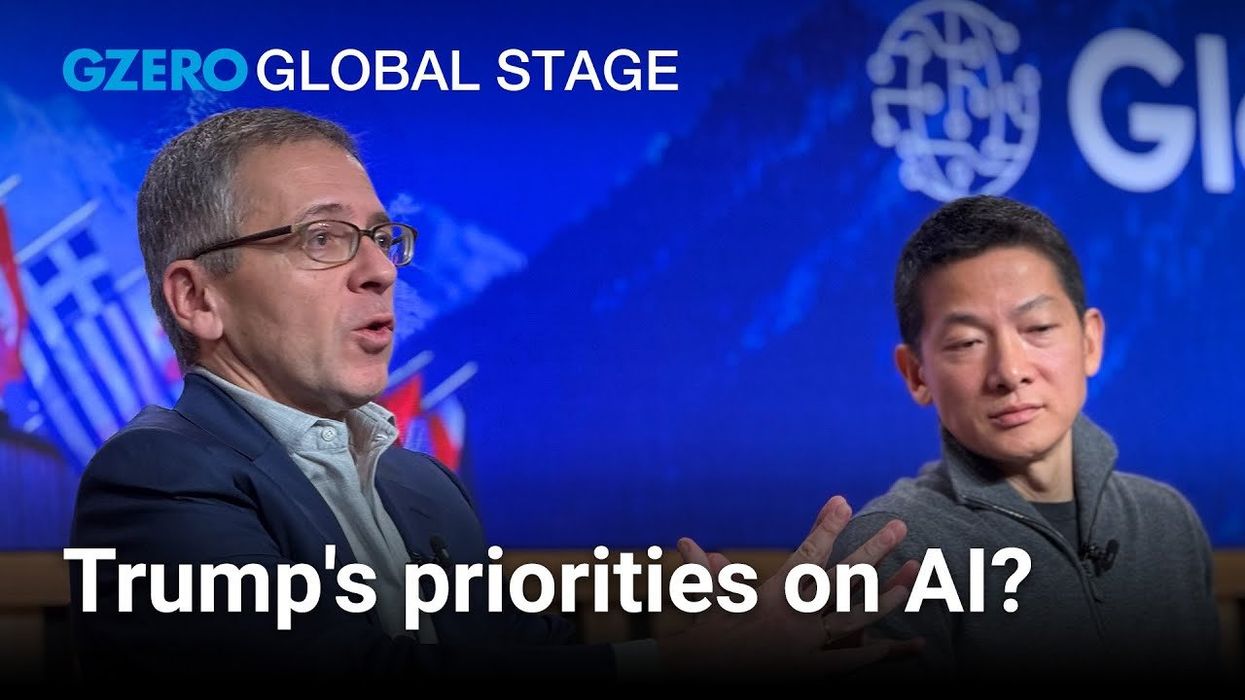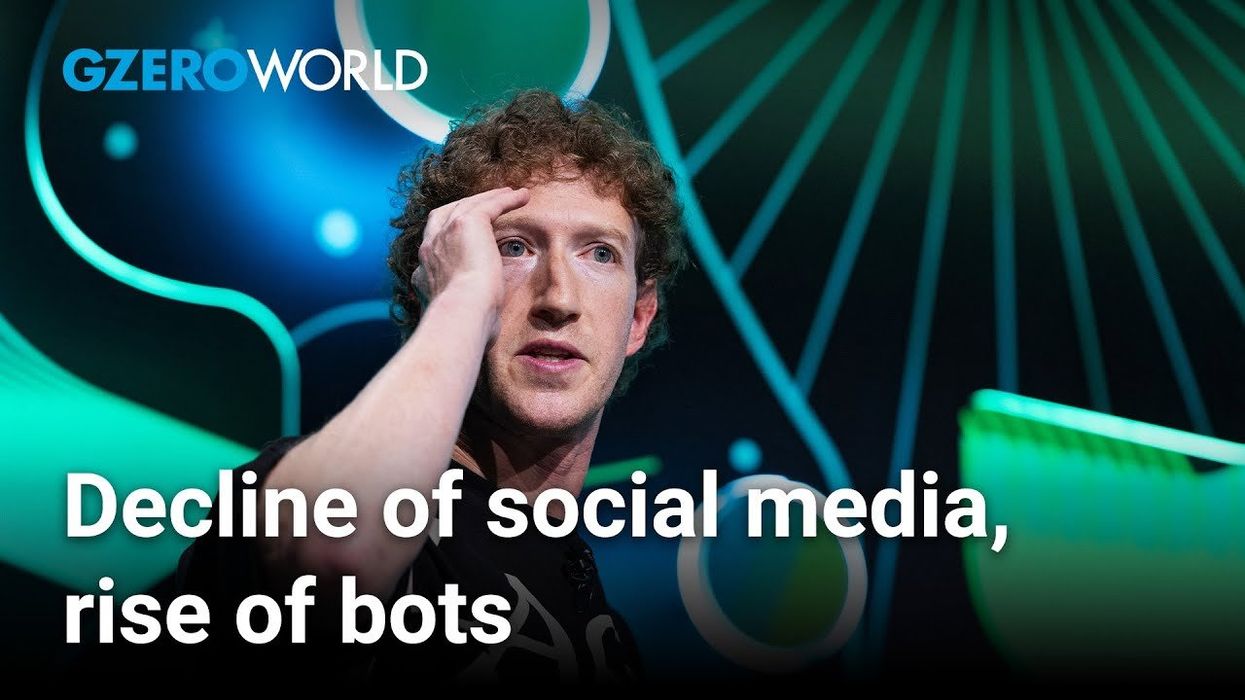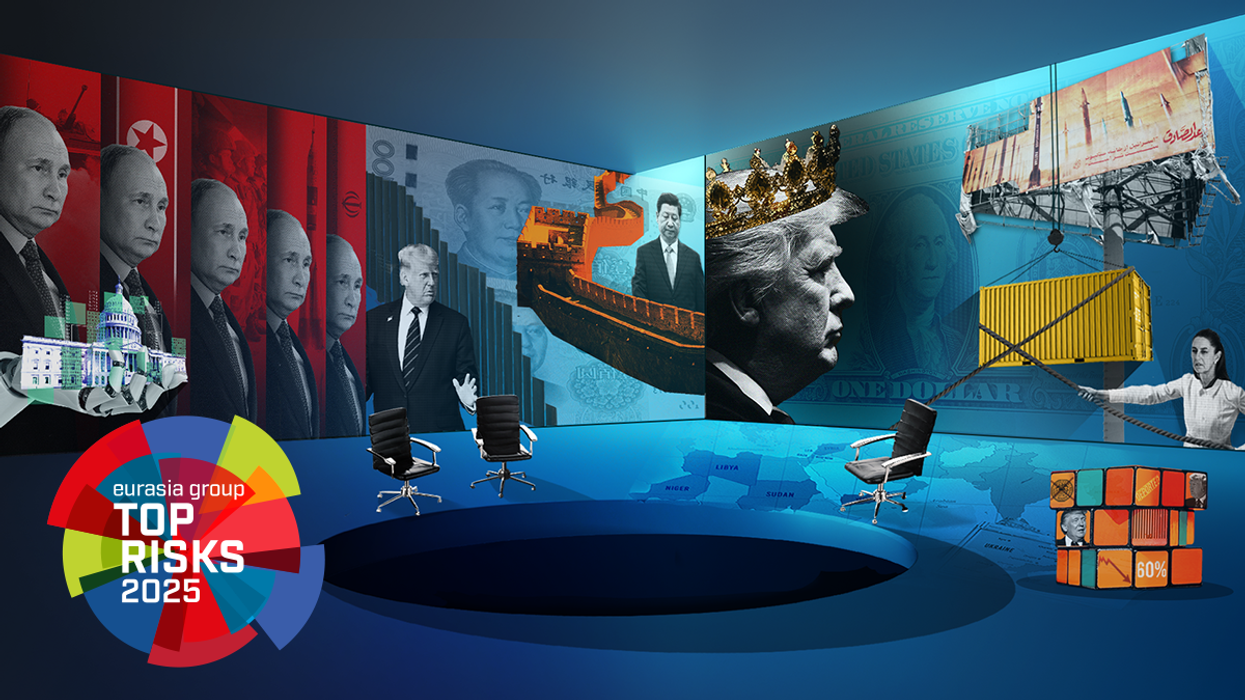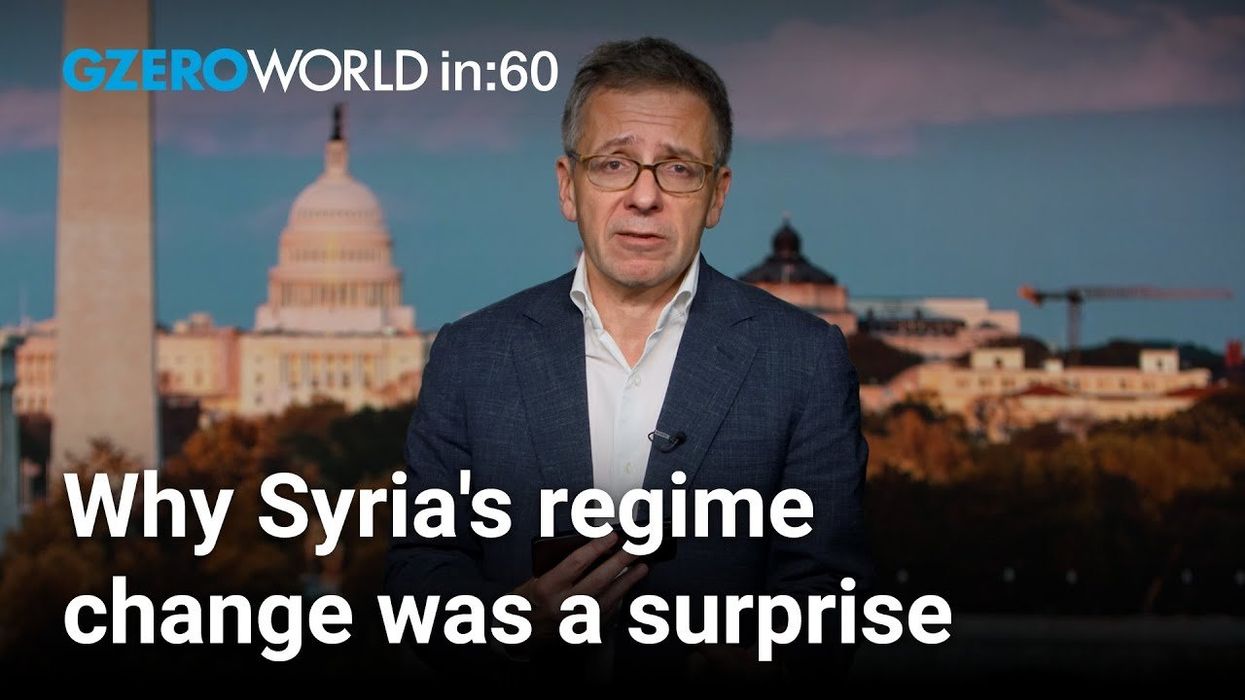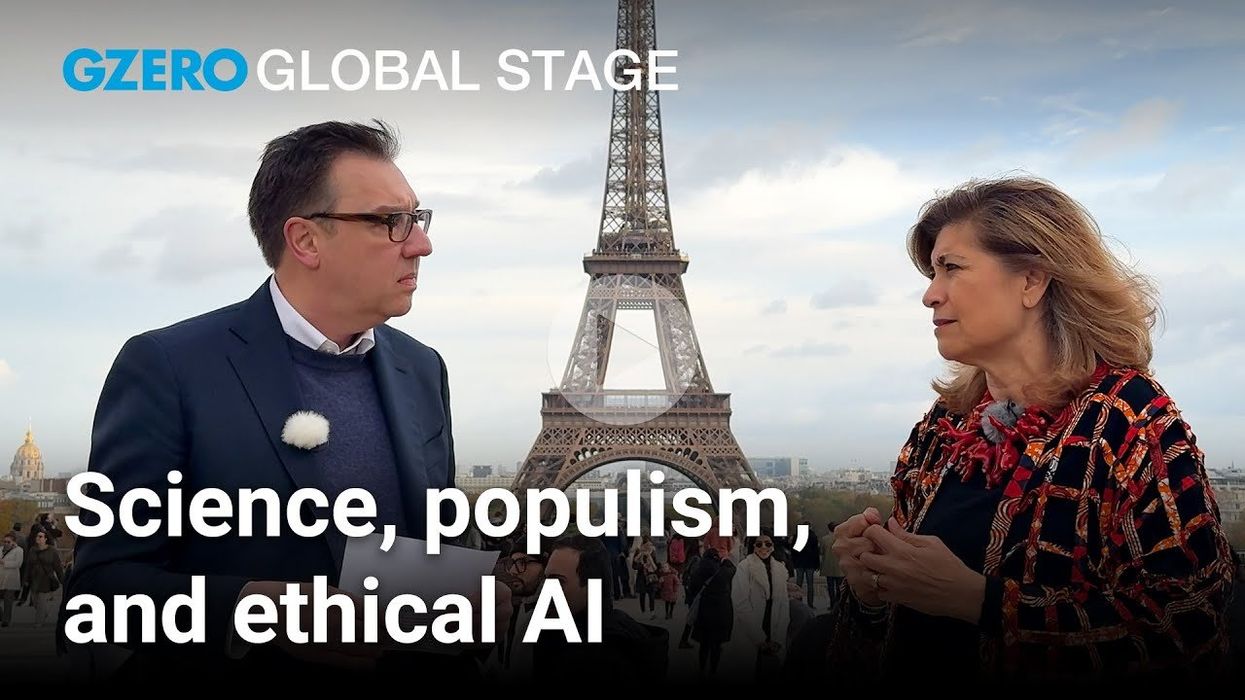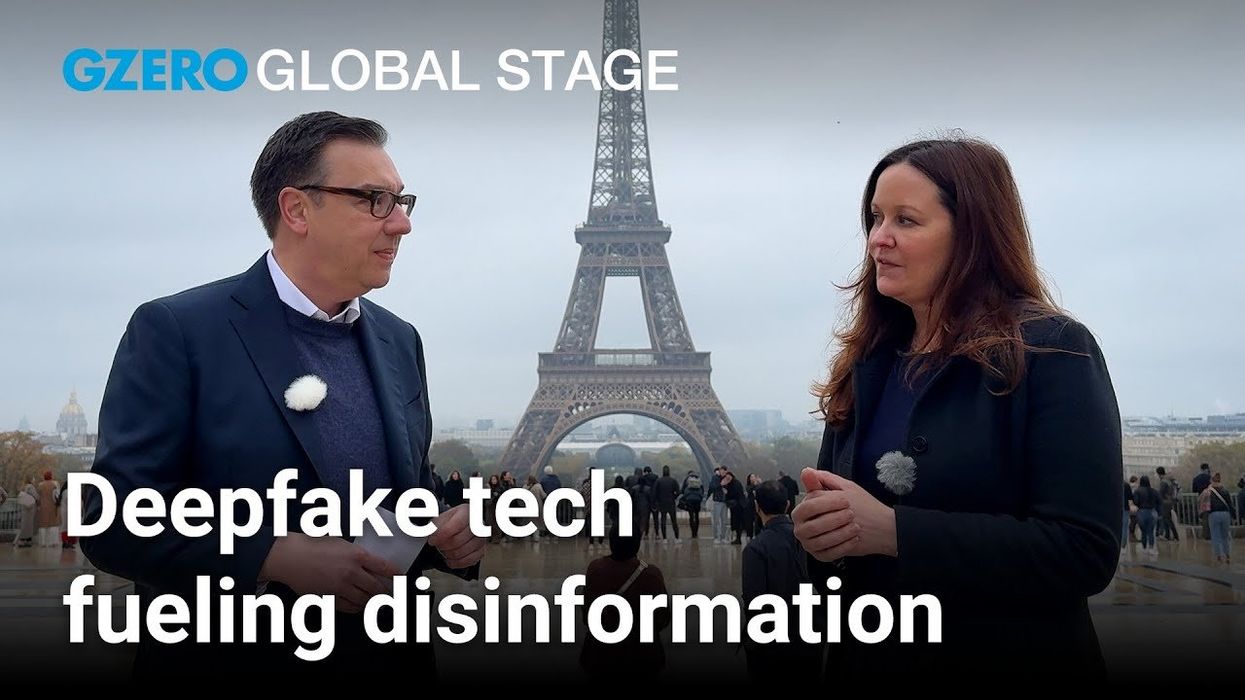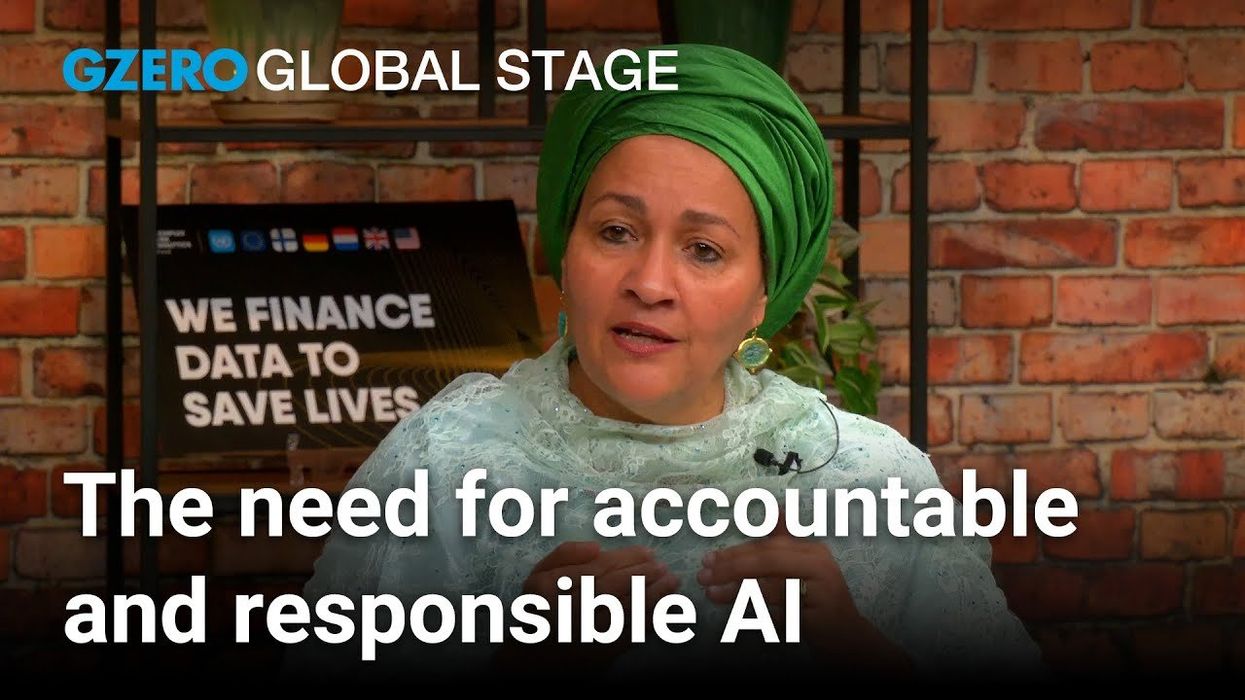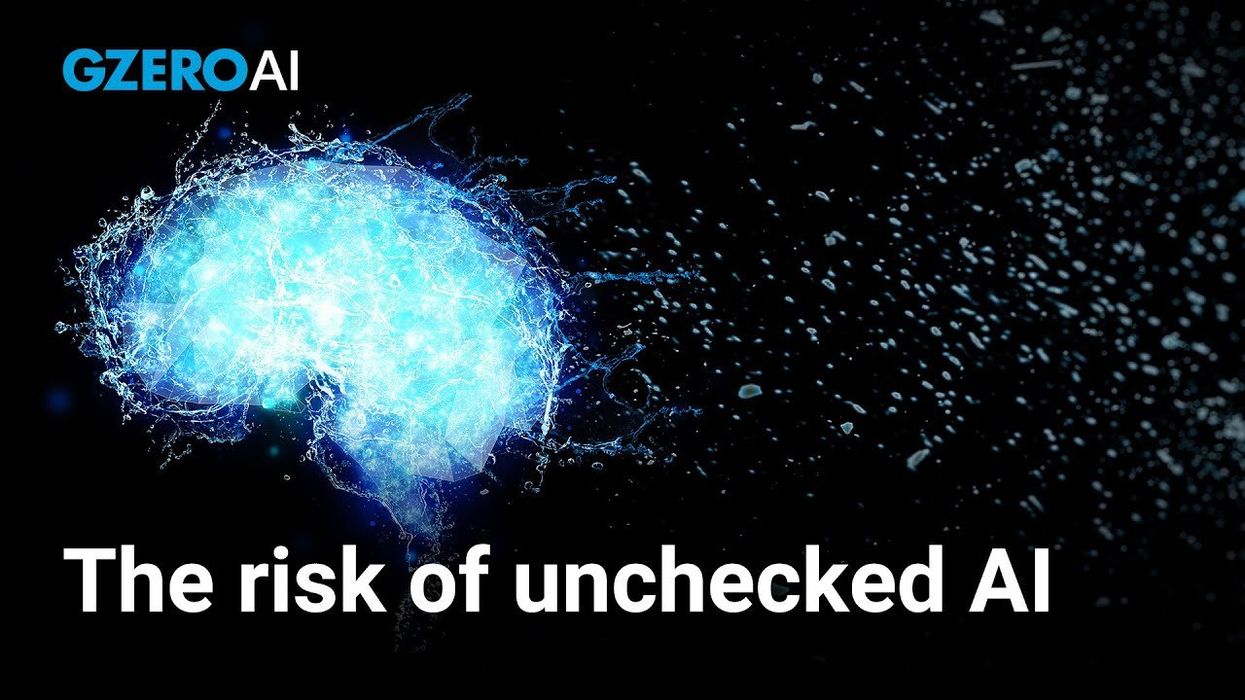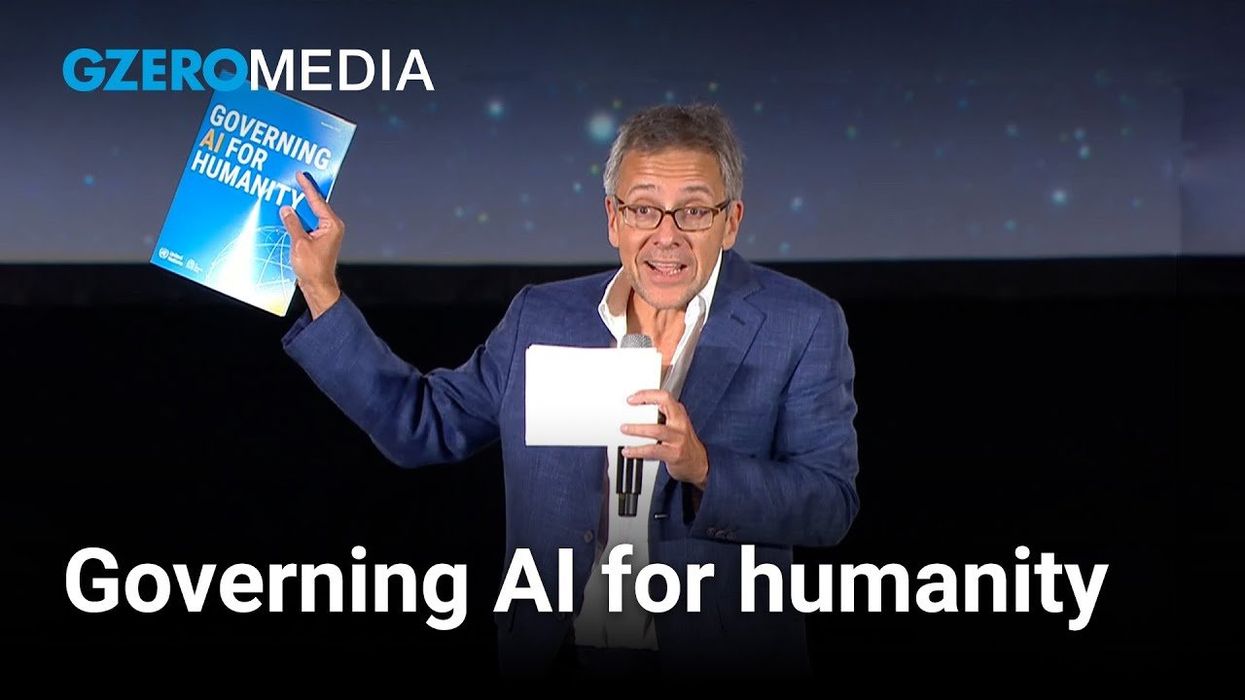World Economic Forum
Exporting AI in a responsible and secure way
Tech giants like Microsoft are backing a massive effort to add AI data centers worldwide, including a $1.5 billion investment to introduce the latest Microsoft AI technologies to the UAE. Speaking at Davos, Brad Smith, Vice Chair and President of Microsoft, discussed the importance of bringing AI to countries in a responsible way.
Jan 29, 2025
